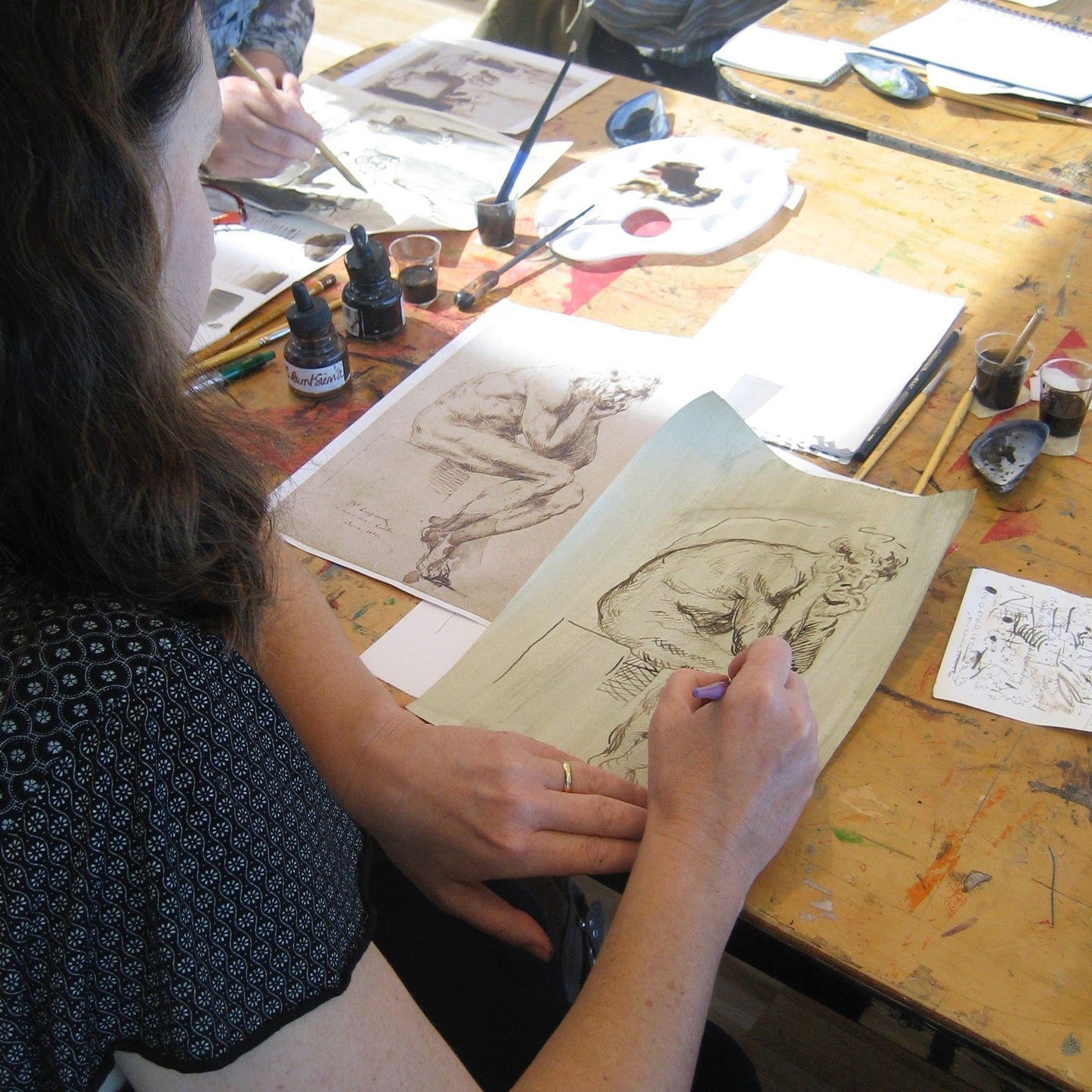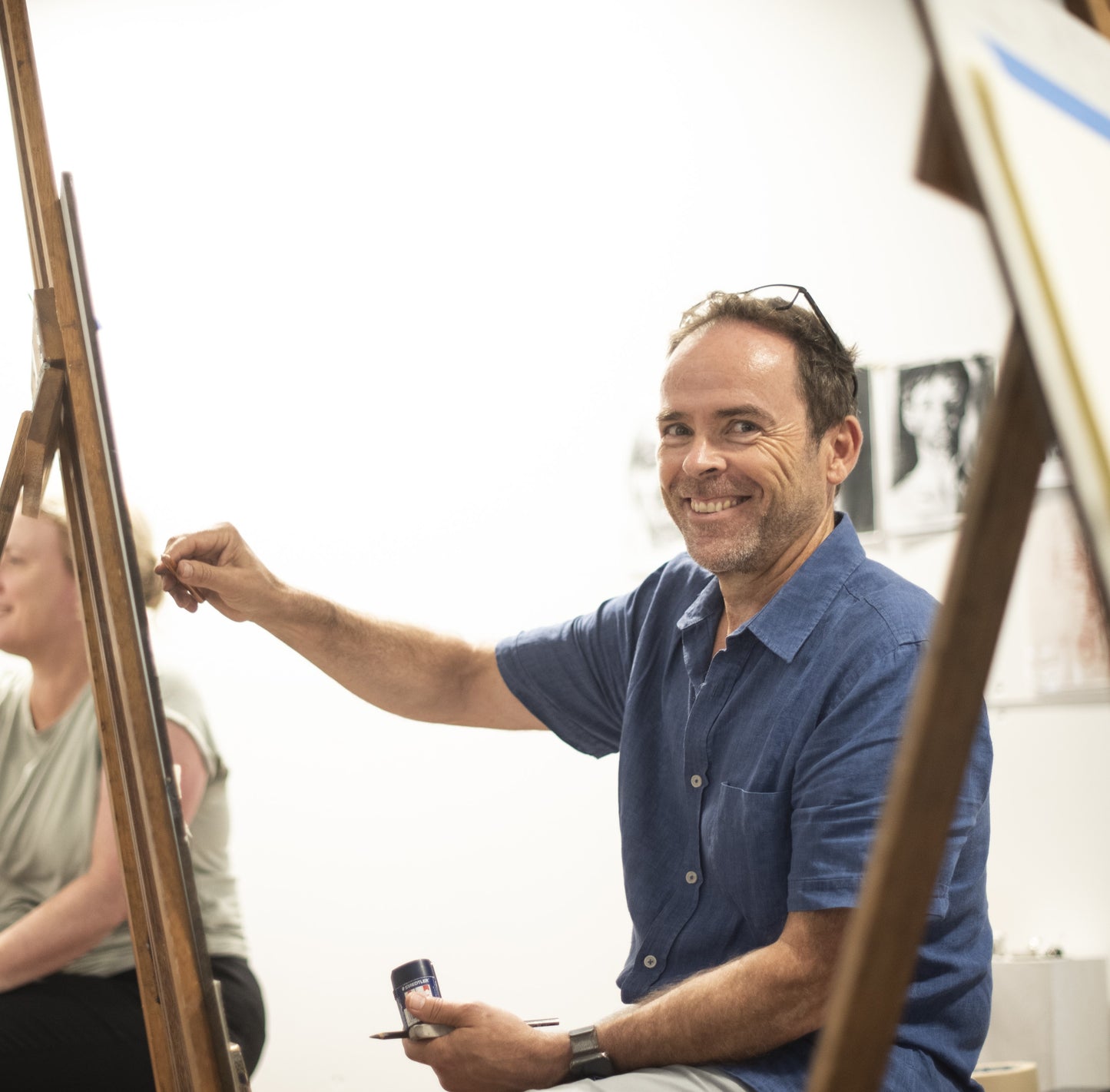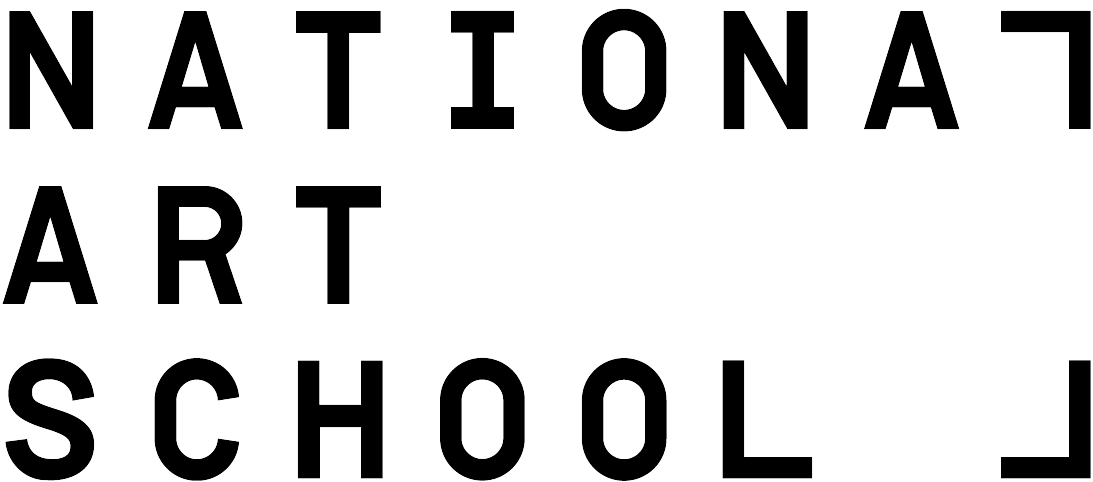




Course Details
Course Program: Term 2 2025
Start Date: 30 April 2025
End Date: 18 June 2025
Day: Wednesday
Time: 6:00pm - 9:00pm
Number of classes: 8
Total Course Hours: 24
Discipline: Drawing
Lecturer: Michelle Hiscock
Age: 16 years and over
Level: Beginner, Intermediate, Advanced
Location: National Art School
Course Overview
Course Overview
Lecturer Profile
Lecturer Profile
Art Materials
Art Materials
-
PARKERS FINE ART SUPPLIES
Parkers Fine Art Supplies WebsiteParkers Fine Art Supplies have a location of the NAS campus and offer a discount for NAS short courses students. To discuss and order art materials please contact Parkers:
Phone: +61 2 9247 9979
-
COVID-19 POLICY
In line with NAS Covid Safety Guidelines, all students and visitors must be fully vaccinated or have a medical contraindication form completed by a health professional.
Protective clothing and covered footwear essential
- Choosing a selection results in a full page refresh.
- Opens in a new window.





